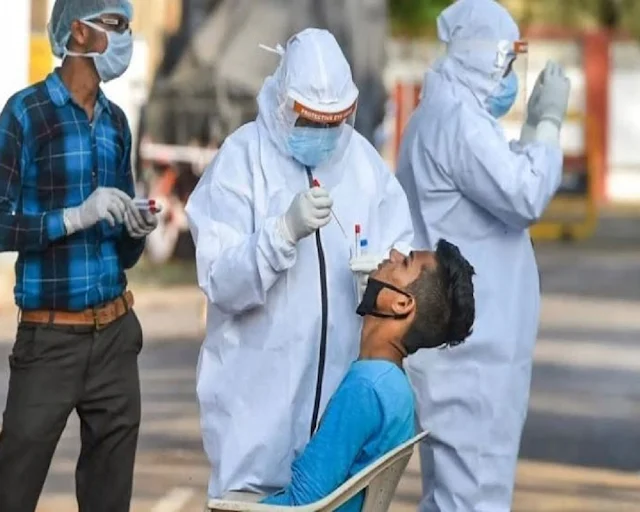New Covid Variant
A new COVID-19 variant called JN.1 has emerged and is now the most prevalent strain in the United States, accounting for more than 44% of cases as of late December 2023. The Centers for Disease Control and Prevention (CDC) and the World Health Organization (WHO) have classified JN.1 as a "variant of interest". JN.1 appears to be highly transmissible, but it is too early to tell whether it will drive an increase in infections or hospitalizations. The symptoms caused by JN.1 do not seem to be any worse than earlier COVID-19 cases. The CDC recommends getting updated vaccines and testing if respiratory symptoms arise
What are the symptoms of the jn.1 variant
The symptoms of the JN.1 COVID-19 variant include:
- Fever or chills
- Cough
- Sore throat
- Congestion or runny nose
- Headache
- Muscle aches
- Difficulty breathing
- Fatigue
- New loss of taste or smell
- "Brain fog" (feeling less wakeful and aware)
- Severe cases are still characterized by shortness of breath, chest pain, or pale, gray, or blue skin, lips, or nail beds.
- Other reported symptoms may include a runny nose, fatigue, headache, muscle aches, fever, diarrhea, and an altered sense of smell.
- It is important to note that the symptoms of JN.1 are similar to those of other Omicron variants, and there is currently no evidence that the new variant causes more serious disease, hospitalizations, or a higher fatality rate than other Omicron variants.
How is the jn.1 variant transmitted
The JN.1 variant of COVID-19 is highly transmissible, as it has quickly become the most prevalent strain in the United States, accounting for more than 44% of cases as of late December 2023.The Centers for Disease Control and Prevention (CDC) has stated that the rapid evolution of JN.1 suggests it may be better at evading immune systems or more transmissible. However, there is currently no evidence to suggest that it causes more severe disease. The specific details of how JN.1 is transmitted have not been explicitly mentioned in the available sources.
What are the risk factors for contracting the jn.1 variant
The specific risk factors for contracting the JN.1 variant of COVID-19 have not been explicitly mentioned in the available sources. However, the JN.1 variant appears to be highly transmissible, as it has quickly become the most prevalent strain in the United States, accounting for more than 44% of cases as of late December 2023.The Centers for Disease Control and Prevention (CDC) has stated that the rapid evolution of JN.1 suggests it may be better at evading immune systems or more transmissible. However, there is currently no evidence to suggest that it causes more severe disease. Adhering to mask-wearing, practicing good hand hygiene, maintaining physical distance, and getting vaccinated (and considering booster doses if recommended) are effective ways to reduce the risk of contracting JN.1









कोई टिप्पणी नहीं